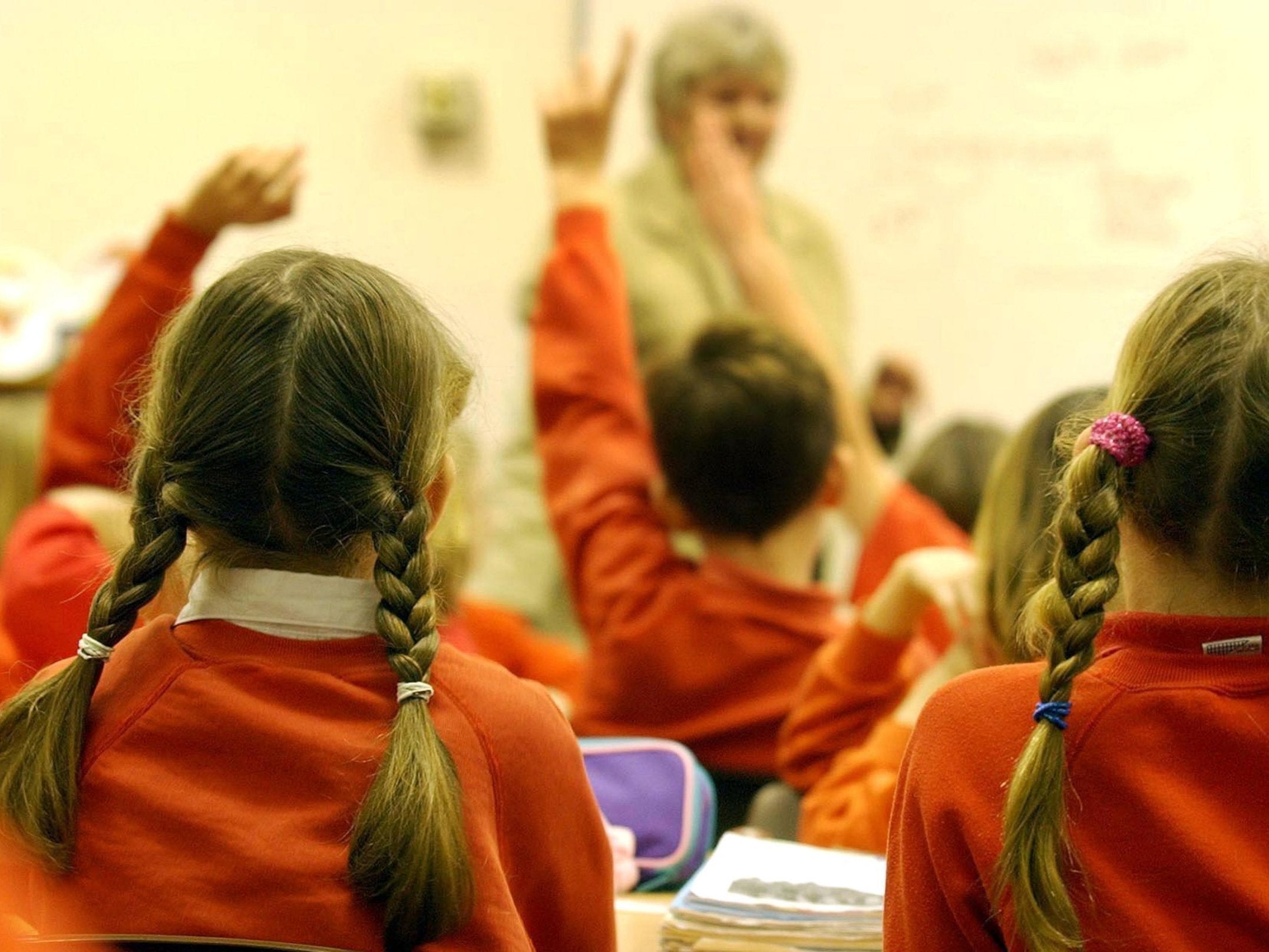Vulnerable children risk missing out on speech and language therapy amid ‘postcode lottery’
'The next prime minister must make school readiness priority' says Children's Commissioner

Vulnerable young children who need vital speech and language therapy face a "postcode lottery" amid real-terms cuts to spending, the Children's Commissioner for England has warned.
Spending on these services has fallen in more than half of areas in England over the past three years, Anne Longfield warned in a new report. Nearly one in five children start school without expected communication skills, it stated.
Children with speech and language problems risk having to wait months to be seen, whilst others may never receive any support amid a lack of joined-up services, it added.
The report highlights huge variations in how much is spent per child according to where they live.
In 2018-19, the top 25 per cent of areas in England spent £16.35 or more per child a year on speech and language therapy, compared to 58p or less per child in the bottom 25 per cent of areas.
Local authority spend per child is highest in London at £7.29 and it is also high in the South East of England (£5.73) and East of England (£4.83).
Meanwhile, spending is lowest in the East Midlands (£0.34), the West Midlands (£0.90) and Yorkshire and Humber (£1.18).
Figures show that 18 per cent of five-year olds, equating to 114,822 children, are also not reaching their expected level.
Overall, 193,971 primary school children are on the special educational needs register for speech, language and communication needs, although the true level of need is thought to be higher.
The problem is worse among pupils from deprived backgrounds, with 23 per cent of five-year-olds eligible for free school meals not meeting expected levels, compared to 13 per cent of their peers.
Ms Longfield said: “Communication skills are vital for children starting school and for improving social mobility throughout a child’s education. We should be very concerned that almost one in five children aged five is behind in speech and language development and yet more than half of areas in England have seen a real-terms fall in spending on speech and language therapy in recent years.”
Children with poor vocabulary skills are twice as likely to be unemployed when they group and more than 60 per cent of children in Young Offender Institutions have communication difficulties, previous research has shown.
Ms Longfield added: “The next prime minister must make school readiness a priority if we are to give all children the chance to thrive. A well-resourced strategy for addressing speech, language and communication needs must be part of that.”
Kamini Gadhok, chief executive of the Royal College of Speech and Language Therapists, said the situation was "unacceptable", adding that its own survey had shown that 59 per cent of parents already have to fight to get the support their child needs.
James Bowen, director of policy for school leaders’ union NAHT, said: “Children’s early speech and language skills are the foundations upon which all future learning is built. If children fall behind in the early years it can prove difficult, often impossible, for them to catch up later, even with additional help.”
He added: “Early intervention is key, but schools are finding it harder and harder to access specialist help from speech and language therapists, as both school budgets and local authority budgets are cut. Investment is vitally needed to enable these crucial experts to continue their work.”
Geoff Barton, general secretary of the Association of School and College Leaders, added that it was “shocking” to see a postcode lottery in “something as vital as speech and language therapy.”
He added: “It is absolutely vital that we invest in support for children and families, and speech and language therapy is one vital part of that.”
Cllr Anntoinette Bramble, chair of the Local Government Association’s Children and Young People Board, said: “Significant financial pressures on councils’ public health and special needs budgets is severely impacting on their ability to support children with early language development. Public health budgets have been cut by £700m while councils face a special needs funding gap of up to £1.6bn by 2021, which we urge the government to address in the Spending Review.”
She added that “insufficient funding is impacting on the quality of provision and support for children with special needs, as providers struggle to balance budgets.”
A Government spokesperson said: "Speech and language therapy gives children in need the best start in life. As part of the NHS' Long Term Plan, we are working to improve support for children and young people including considering how to ensure we have the right numbers of speech and language therapists to meet demand.
"Good early years education is the cornerstone of social mobility. We are boosting local early years services with £8.5m to help establish best practice and are providing £50m to develop more high-quality school-based nursery provision for disadvantaged children, £26m to set up a network of English hubs and a national training centre, and £20m on the professional development of early years practitioners - ensuring every child can thrive."
Subscribe to Independent Premium to bookmark this article
Want to bookmark your favourite articles and stories to read or reference later? Start your Independent Premium subscription today.

Join our commenting forum
Join thought-provoking conversations, follow other Independent readers and see their replies